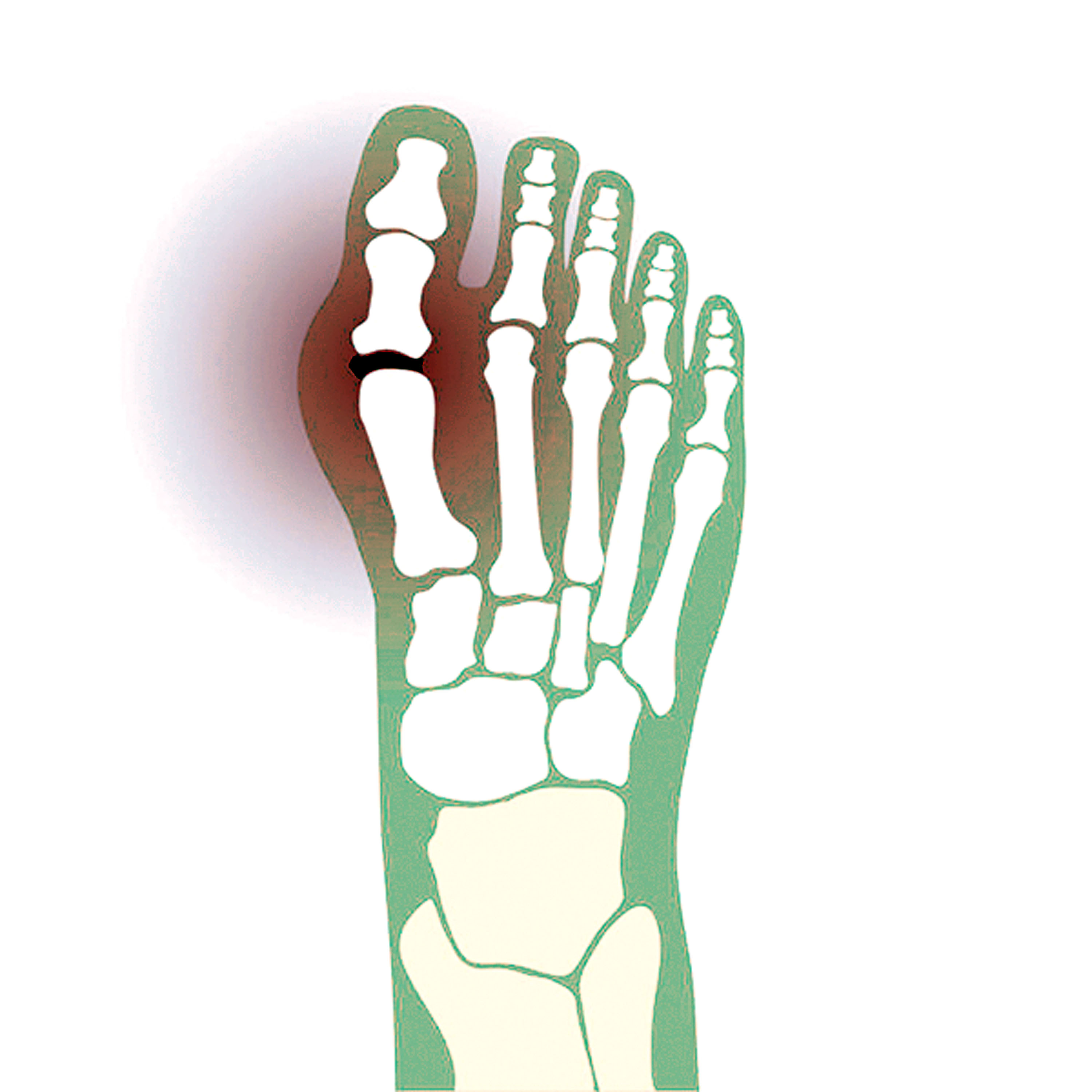Quiz: Gout Bout
It used to known as a problem for kings—the only men in medieval times who could indulge in rich foods and wine. But now the condition known as gout can happen to anyone, and it can be a royal pain in the joints. Take our quiz to learn more:
1. Gout is caused by a buildup of ____ in the joints.

A. Sodium
B. Lactic acid
C. Uric acid
D. Bacteria
2. Gout causes sudden attacks of symptoms that often occur without warning.
A. True
B. False
3. You are at a higher risk for gout if you are a _____.
A. Man
B. Postmenopausal woman
C. Sibling or family member of someone with gout
D. All of the above
4. Gout flare-ups tend to be more frequent in the daytime.
A. True
B. False
5. Treating gout may include all of these lifestyle changes EXCEPT:
.jpg?sfvrsn=1d397293_1)
A. Losing weight if you are obese
B. Drinking more non-alcoholic fluids
C. Eating more protein-rich foods
D. Managing other chronic diseases
6. Although gout is quite painful, it usually doesn’t cause any lasting damage.
A. True
B. False
1. C. Uric acid. This acid comes in the form of microscopic but sharp crystals that are usually dissolved in the blood by the kidney. If your kidneys don’t eliminate enough uric acid, the crystals can build up in the joint spaces.
2. A. True. Pain and swelling usually come on suddenly, typically affecting one joint such as the toe, ankle or knee.
3. D. All of the above. Men ages 40 to 50 are most commonly affected while women rarely develop gout before menopause. Kidney disease is also a risk factor.
4. B. False. An acute attack commonly occurs at night, sometimes waking a person from sleep. Some patients have reported not being able to tolerate a bed sheet touching their big toe when it is flared up.
5. C. Eating more protein-rich foods. People suffering from gout may have to eat less protein-rich foods, which can trigger symptoms. Foods to avoid include game meats, dried beans and anchovies.
6. B. False. The disease can progress through several stages and the final stage can cause permanent damage to the affected joints. But with proper treatment, most people don't reach the last stage.
Source: The Health Library